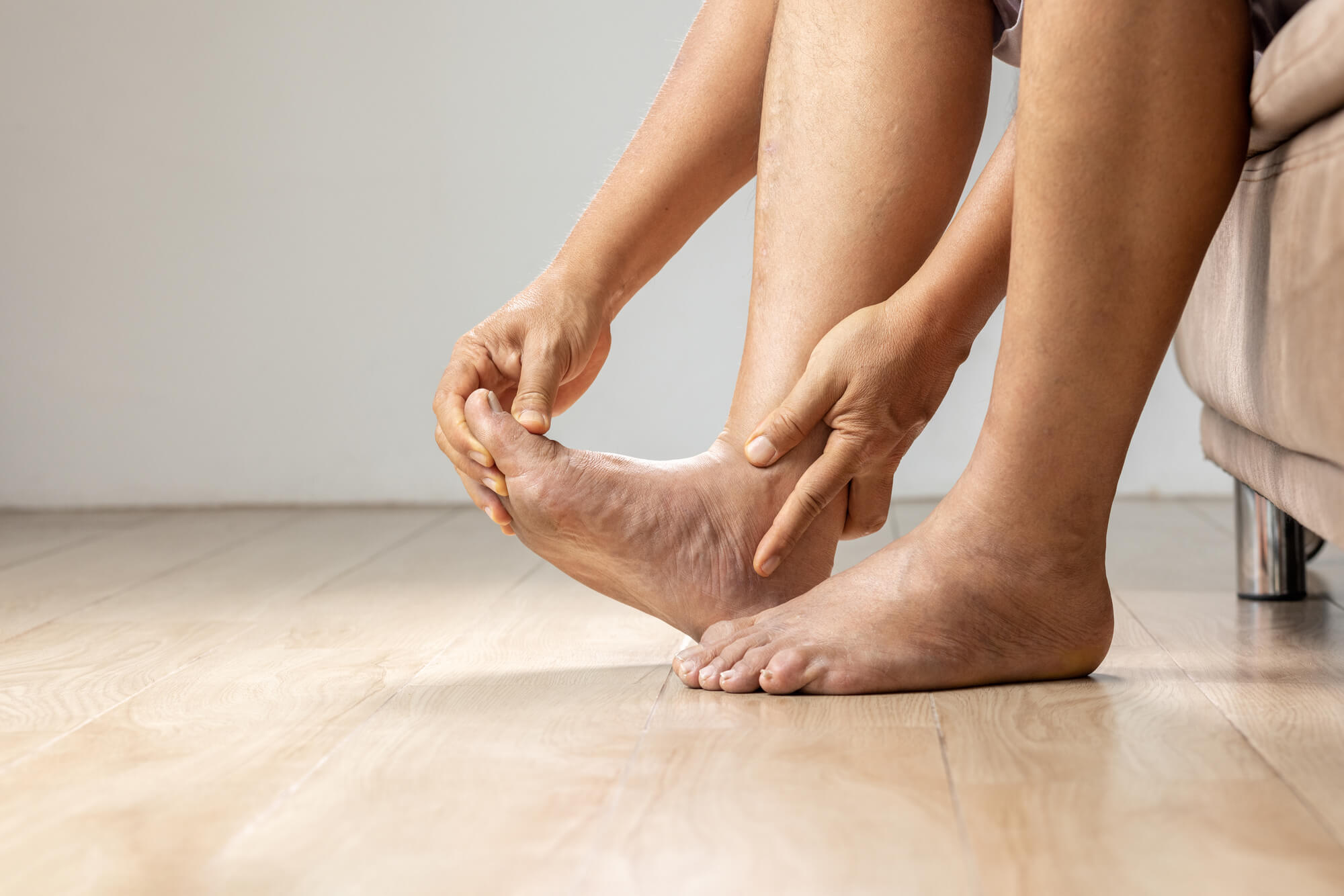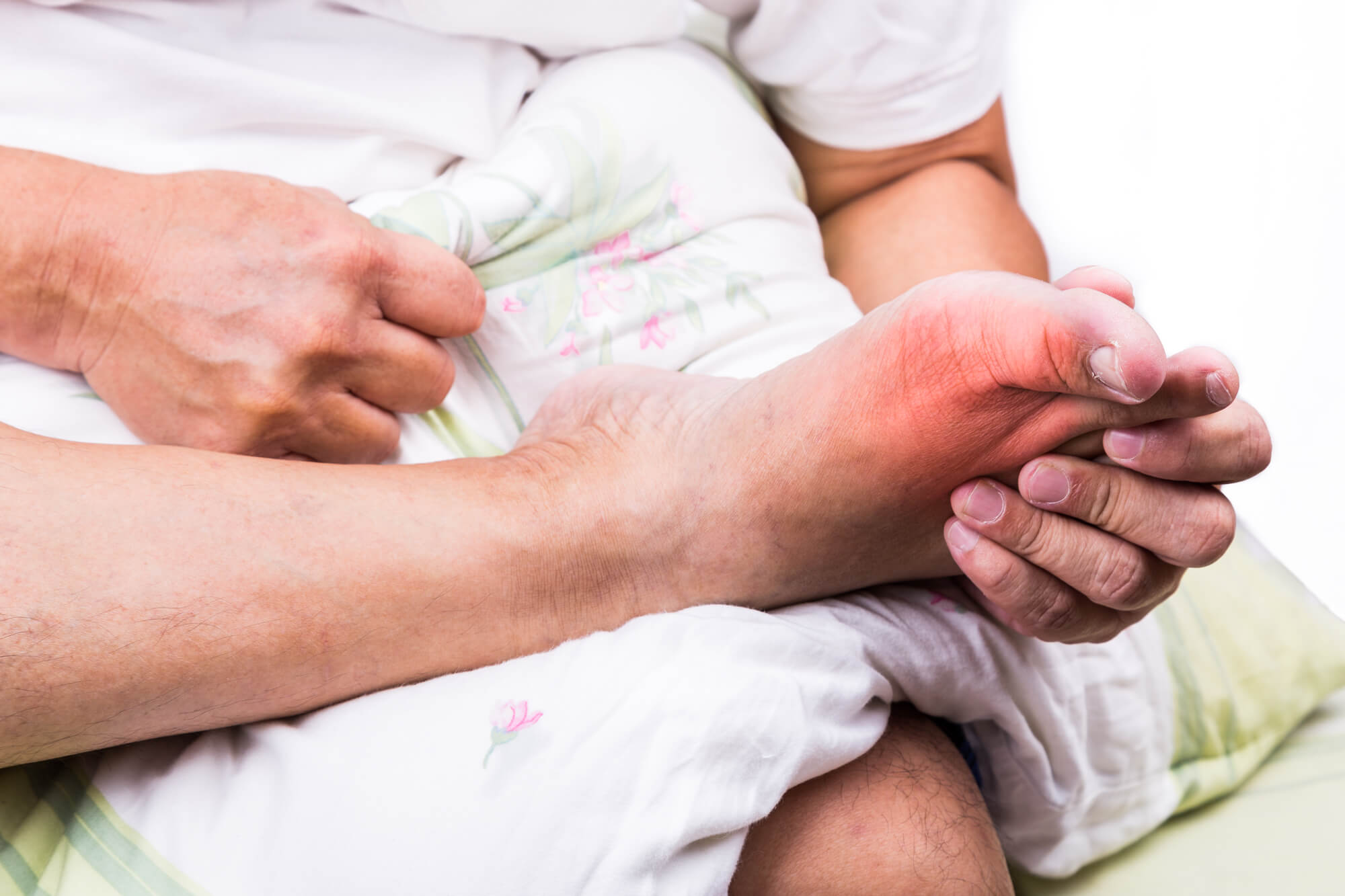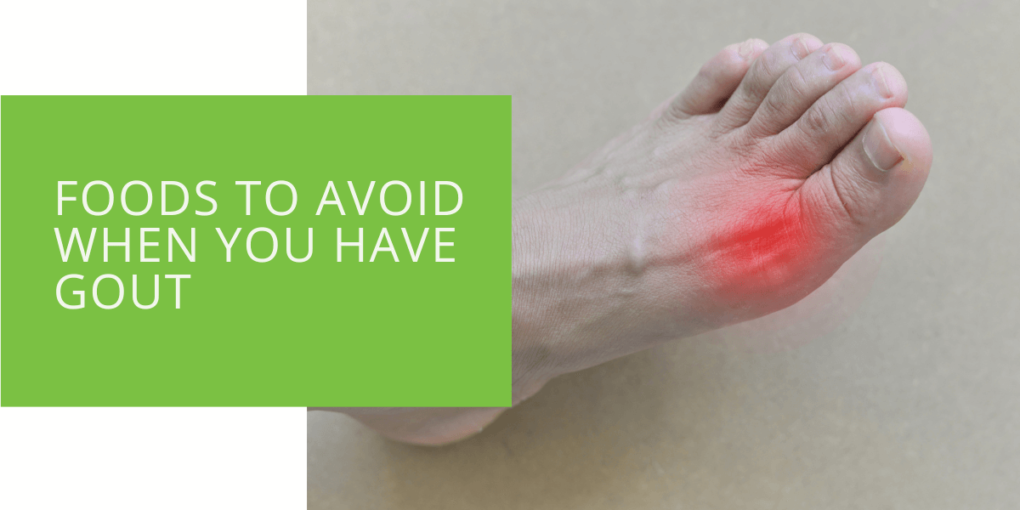Foods to Avoid When You Have Gout
Gout is a type of arthritis that affects many people worldwide. It occurs when there is a buildup of uric acid crystals in the joints, causing inflammation and pain. Diet plays a significant role in managing gout symptoms, and people with gout need to be aware of the foods that can trigger a gout attack. This article will discuss the foods to avoid when you have gout and provide alternative options that may help lower uric acid levels and reduce the risk of developing gout.
What is Gout?
Gout is a type of arthritis that occurs when there is a buildup of uric acid crystals in the joints. Uric acid is a waste product created when the body breaks down purines, substances found in many foods. In people with gout, the body either produces too much uric acid or has difficulty getting rid of it. When uric acid levels become too high, it can form crystals that deposit in the joints, leading to gout.
The most common symptoms of gout include severe pain and swelling in the joint, redness and warmth in the affected area, and stiffness and difficulty moving the joint. Gout is most commonly seen in the big toe but can also affect other joints like the ankle, knee, and elbow. Gout attacks can be unpredictable and can last for days or even weeks. People with gout risk developing other health problems like kidney stones, joint damage, and even cardiovascular disease.

High Purine Foods to Avoid
Purines are a type of nutrient found in many foods. When the body breaks them down, they create uric acid as a waste product. High-purine foods contain a lot of purines and can contribute to high uric acid levels. People with gout are advised to avoid high-purine foods to help reduce the risk of developing gout and to help control their symptoms.
Some high-purine foods to avoid include:
- Red meat such as beef, pork, and lamb
- Organ meats like liver, kidney, and brain
- Seafood like anchovies, mackerel, and sardines
- Alcohol, particularly beer and spirits
- Sugary drinks like soda and energy drinks
While avoiding these foods completely is not necessary, limiting the intake of high-purine foods in the diet is important.
Low-purine alternatives include chicken, fish, whole grains, fruits, and vegetables. It is also beneficial to consult a podiatrist or a doctor for a personalized diet plan. They may also advise you to take supplements to help lower uric acid levels.

High-Fructose Foods to Avoid
Fructose is sugar in many processed foods, fruits, and sweeteners. Studies have shown that consuming high amounts of fructose can increase the risk of developing gout. Consuming high-fructose foods can also worsen gout symptoms for people with the condition.
Some high-fructose foods to avoid include:
- Processed foods like candy, cookies, and sweetened breakfast cereal
- Artificial sweeteners like high fructose corn syrup
- Sugary drinks like soda and energy drinks
Instead, eating fruits and vegetables in their natural form, which contain a lower amount of fructose is recommended. It is also beneficial to consume fruits and vegetables lower in purines, such as berries, melons, and citrus fruits. Whole grains, nuts, and seeds are also good alternatives as they are lower in fructose and high in fiber and other nutrients.
Conclusion
Gout is arthritis caused by a buildup of uric acid crystals in the joints. Diet plays a significant role in managing gout symptoms, and people with gout need to be aware of the foods that can trigger a gout attack. High-purine and high-fructose foods should be avoided as they can increase the risk of developing gout and worsen symptoms. Low-purine and low-fructose options like chicken, fish, whole grains, fruits, and vegetables may help lower uric acid levels and reduce the risk of gout.
It's important to note that everyone's body is different, and what may work for one person with gout may not work for another. It's always best to consult a podiatrist or a doctor before making any dietary changes. They can provide a personalized diet plan and advice on supplements that may help lower uric acid levels. By following a healthy gout diet, people with gout can reduce their symptoms, lower their risk of gout attacks, and improve their overall health.
FAQ
What foods are best to avoid if you have gout?
Foods that are high in purines should be avoided if you have gout. High-purine foods include red meat, organ meats, seafood, alcohol, and sugary drinks. Limiting your intake of these foods can help lower uric acid levels and reduce the risk of gout. Low-purine options include chicken, fish, whole grains, fruits, and vegetables. It's important to consult a podiatrist or doctor for a personalized diet plan.
What triggers gout flare-ups?
Several factors, including diet, alcohol consumption, and certain medical conditions, can trigger gout flare-ups. Consuming foods high in purines, such as red meat and seafood, can trigger a gout attack. Consuming alcohol, particularly beer and spirits, can also trigger an attack. Other factors such as obesity, high blood pressure, and certain medical conditions can increase the risk of gout flare-ups.
What is the best thing to drink if you have gout?
Water is the best thing to drink if you have gout. It can help flush out uric acid and other toxins from the body. Drinking at least eight glasses of water a day is recommended. Additionally, drinking coffee in moderation is also good as it can help lower the risk of gout. Limit sugary drinks, particularly soft drinks, and alcohol, as these can trigger gout attacks.
What is the number one food that causes gout?
Some of the most common high-purine foods that can cause gout include seafood, red meat, and organ meats. Seafood such as anchovies, mackerel, and sardines are particularly high in purines and should be avoided or consumed in moderation if you have gout. However, everyone's body is different, and it's best to consult a podiatrist or doctor to determine which foods may trigger your gout.
What is the fastest way to get rid of gout?
The fastest way to get rid of gout is to address the underlying cause, typically high uric acid levels. This can be done by making dietary changes, such as limiting high-purine and high-fructose foods and maintaining a healthy weight. Medications, such as colchicine and nonsteroidal anti-inflammatory drugs (NSAIDs), can also help reduce inflammation and pain during a gout attack. However, it's always best to consult a podiatrist or doctor for a personalized treatment plan.

